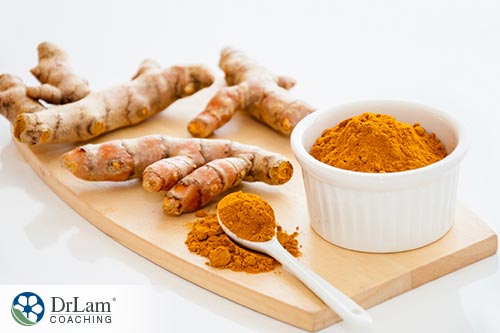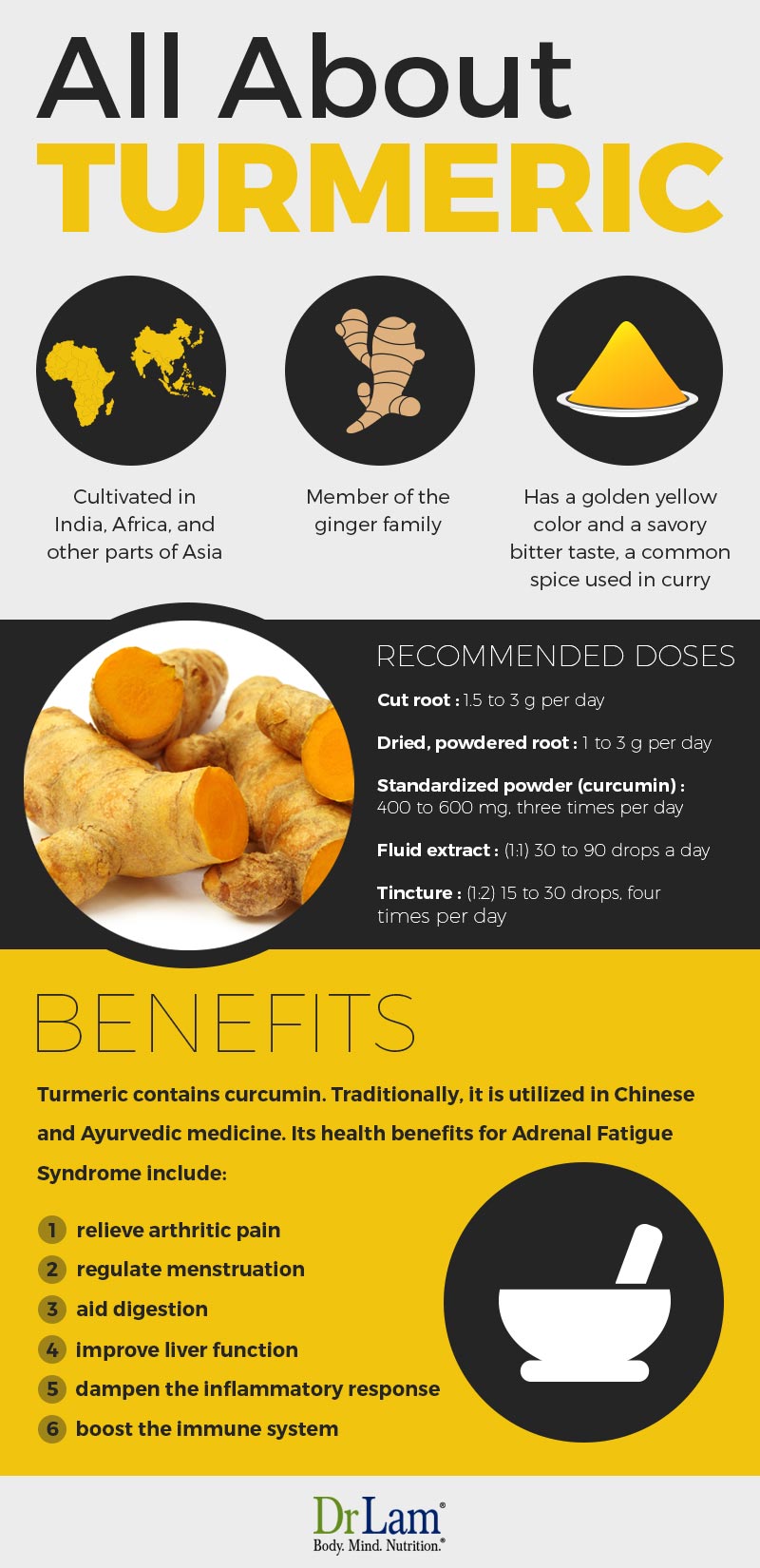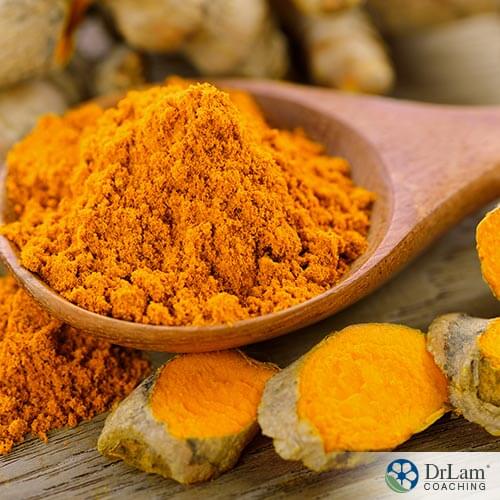Turmeric is a yellow spice common in Indian cuisine that can add a lot of depth and interest to your meals. But this spice is also something of a superfood, and when used correctly, it can have a number of benefits for your health. If you’re looking for an easy way to improve your health, reduce inflammation, and address a variety of health problems, from arthritis to weight loss to cancer, then here are some common turmeric health benefits that you should be aware of.
Turmeric is a yellow spice that’s used extensively in Indian food. It’s a member of the ginger family and is quite hard to grow, which is why it’s only cultivated in certain areas. It has a mild, warm, earthy-sweet taste, and you can use it in a variety of dishes.
Turmeric contains curcumin. It’s this ingredient that is responsible for many of the turmeric health benefits. Modern medicine is just now becoming aware of these, but it has been used in traditional cultural remedies such as in Ayurvedic traditions for years. This herb contains around 3% curcumin, which is more than most other sources.
Common turmeric health benefits include several properties that are supportive of overall health.
This is probably the most famous benefit of turmeric. The curcumin content helps to lower inflammation levels in the body. This is particularly beneficial if you have chronic inflammation from ongoing infections or stress, as this form of inflammation can be very dangerous.
 Oxidative stress occurs when free radicals are created in your body. These reactive molecules can damage tissue, which has been implicated in everything from aging to certain diseases.
Oxidative stress occurs when free radicals are created in your body. These reactive molecules can damage tissue, which has been implicated in everything from aging to certain diseases.
The best way to prevent oxidative stress is with antioxidants. These are molecules that can deactivate the free radicals without being unstable and damaging themselves. Studies have shown that curcumin is a powerful antioxidant that can help with free-radical deactivation. They may also help boost the activity of other antioxidants in the body.
Chronic diseases like heart disease and diabetes appear to be closely related to inflammation and oxidation. By alleviating these issues, turmeric may help prevent the development of these diseases or reduce their impact.
Metabolic syndrome refers to a group of risk factors that increase your risk of developing certain health problems, such as chronic diseases like diabetes and heart disease mentioned above. These risk factors include:
Several studies have found that turmeric helped reduce body fat levels, blood glucose, and cholesterol levels. It may also help to increase levels of healthy cholesterol, further impacting bad cholesterol levels.
In addition to reducing inflammation and free radicals, curcumin can help improve the health and function of the endothelium, the lining of your blood vessels. The endothelium is responsible for blood clotting and blood pressure regulation. Thus, it plays a major role in overall heart health and the prevention of heart disease.
Alzheimer’s causes problems with memory and cognition and there’s currently no way to stop this disease. However, turmeric may help prevent the development of this disease on several fronts.
Firstly, the curcumin in turmeric may reduce inflammation and oxidative damage, which both play a role in Alzheimer’s disease. It may also help clear out blockages that occur between the nerve cells in the brain. These blockages, known as amyloid plaques, are a key characteristic of Alzheimer’s disease.
Another important turmeric health benefit works to boost liver health. Your liver is responsible for eliminating toxins from your body. Turmeric has been shown to stimulate bile production and excretion, leading to more efficient fat digestion. This could help protect the liver from fatty deposits, which can impede its function and lower its overall health.
 Turmeric also reduces oil production and prevents the growth of bacteria that cause pimples, which helps make your skin smooth and healthy. It can help clear scars from previous acne outbreaks as it’s an antiseptic and encourages better healing. Turmeric may also help fight some of the common signs of aging like pigmentation and wrinkles, which are caused by free radicals.
Turmeric also reduces oil production and prevents the growth of bacteria that cause pimples, which helps make your skin smooth and healthy. It can help clear scars from previous acne outbreaks as it’s an antiseptic and encourages better healing. Turmeric may also help fight some of the common signs of aging like pigmentation and wrinkles, which are caused by free radicals.
There is also some evidence that curcumin may help reduce or alleviate depression symptoms. This may be due to the fact that curcumin can boost Brain-derived neurotrophic factor (BDNF) levels. Low BDNF levels and the hippocampus shrinking are strongly associated with depression, so reversing these changes can be very beneficial. Turmeric may also help to boost the levels of serotonin and dopamine, two neurotransmitters that are essential for brain health and mood.
The curcumin in turmeric is a powerful anticoagulant that can help prevent platelets from clumping together unnecessarily. This may help to prevent clots. However, this also means you may need to avoid turmeric if you are taking blood-thinning medication or are going in for surgery.
The anti-inflammatory effects of turmeric may help reduce or eliminate the pain and inflammation that occurs with arthritis.
Another major turmeric health benefit is that it’s nutritionally rich. One teaspoon contains:
In animal studies, turmeric has been shown to help kill cancer cells and prevent cancer development, particularly for stomach and skin cancer. However, these studies are only preliminary, and more research is needed to determine whether turmeric can truly help with this issue.
By reducing inflammation, turmeric may help reduce symptoms of Inflammatory Bowel Disease (IBD). It may also help improve conditions like:
The anti-inflammatory qualities of turmeric may help to alleviate some symptoms safely and naturally such as cramping, bloating, mood swings, or excessive bleeding during your menstrual cycle. It may also do this through pain-inhibiting prostaglandins and phytoestrogens.

Adrenal Fatigue Syndrome (AFS) occurs due to chronic or severe stress that strains your NeuroEndoMetabolic (NEM) stress response. It consists of six circuits organized with three related organs and systems each. This stress response activates when you’re stressed to help protect you from damage and to prepare you to fight or flee from the cause of the stress. However, it is designed to deactivate after stress so your body can rest and repair.
When the NEM stress response is constantly active, as it often is with chronic stressors, it starts to cause problems. The adrenal glands, which produce the stress hormone cortisol, start to fatigue and are unable to keep up with demand. This causes hormone imbalances and other problems in the NEM systems, which can eventually lead to more severe issues.
Because the NEM affects organs and systems all over the body, the symptoms associated with AFS can be wide-ranging and difficult to alleviate. It often has to be done very gently to prevent further stress. That’s why lifestyle changes, such as small changes to your diet, can be so helpful with this condition.
In this context, one of the most important turmeric health benefits is the fact that it could help correct Inflammation Circuit Dysfunction gently and naturally.
The Inflammation Circuit consists of the immune system, the gut, and the microbiome, or the bacterial balance in your body. These three components work together and separately to help protect the body against invaders like viruses and bacteria. When a virus intrudes into your body, this circuit produces heat and inflammation to expel it. And then once the intruder is gone, the circuit returns to normal.
But chronic stress often goes hand in hand with chronic inflammation, and this can be very dangerous. It’s associated with everything from cancer to heart disease to autoimmune disorders, as well as symptoms like frequent infections, gut problems, mood swings, bloating, and brain fog. In AFS, inflammation often occurs as a result of a variety of issues such as gut problems, inadequate diet, environmental toxins, medications, or general stress.
Eating more turmeric could help reduce inflammation gently and naturally. This is one of the most important turmeric health benefits when you have AFS.
The Inflammation Circuit consists of the gut, microbiome, and immune system. Here is how turmeric could help these organs and systems:
 If you are seeking to reduce inflammation, stress, or avoid a host of health problems, then there are some important turmeric health benefits that you need to know about. This yellow spice not only tastes great, but it can also help support you in your journey to a happy, healthy body.
If you are seeking to reduce inflammation, stress, or avoid a host of health problems, then there are some important turmeric health benefits that you need to know about. This yellow spice not only tastes great, but it can also help support you in your journey to a happy, healthy body.
Consider turmeric a complementary therapy that may help prevent or reduce chronic diseases like Alzheimer’s, arthritis, heart disease, and metabolic syndrome. As always, make sure you talk to your doctor before adding a new supplement to your routine, especially if you have AFS or take blood-thinning medication.
If you’re looking for more ways to improve your health with natural remedies or have concerns about AFS, you can talk to our team at +1 (626) 571-1234 or click here for our Ask the Doctor system.
Turmeric has been a part of traditional medicine for many years because it’s easy to use and it really works. There are a number of turmeric health benefits, many of which are related to reducing inflammation, that can help heal issues ranging from arthritis to heart disease to Alzheimer's.
